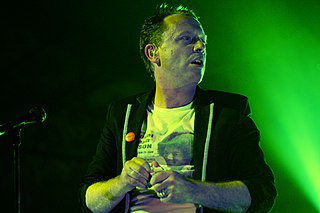A Quote by Iain Duncan Smith
Gang members have invariably grown up in broken, chaotic homes, often experiencing domestic violence; they have truanted from school and many have been formally excluded; and they live in neighbourhoods where worklessness, addiction and crime are rife.
Related Quotes
Domestic violence can be so easy for people to ignore, as it often happens without any witnesses and it is sometimes easier not to get involved. Yet, by publicly speaking out against domestic violence, together we can challenge attitudes towards violence in the home and show that domestic violence is a crime and not merely unacceptable.
Domestic violence affects many young people, whether in their relationships with each other or if they have grown up with violence in their homes. From playing Ste on Hollyoaks I can imagine how frightening it would be to have him as a boyfriend. Violence and bullying in relationships is always unacceptable. Everyone should Expect Respect in all of their relationships, and not only expect to be respected but to give respect to others as well.
During my eleven years as a New York City public school teacher, I saw firsthand the impact that poverty has on the classroom. In low-income neighborhoods like Sunset Park, where I taught, students as young as five years old enter school affected by the stresses often created by poverty: domestic violence, drug abuse, gang activity.
You prevent kids from joining gangs by offering after-school programs, sports, mentoring, and positive engagement with adults. You intervene with gang members by offering alternatives and employment to help redirect their lives. You deal with areas of high gang crime activity with real community policing. We know what works.
That's the great thing about being in a band: it's a gang for people who are too wimpy to fight. You can create a gang and have an identity and fight for something and stand up for something just by making pop songs. They're my gang members and gang members are for life, and if you try and leave, we execute you. That's the way it goes. A simple bang, back of the head, into the river, and we keep moving on.
































